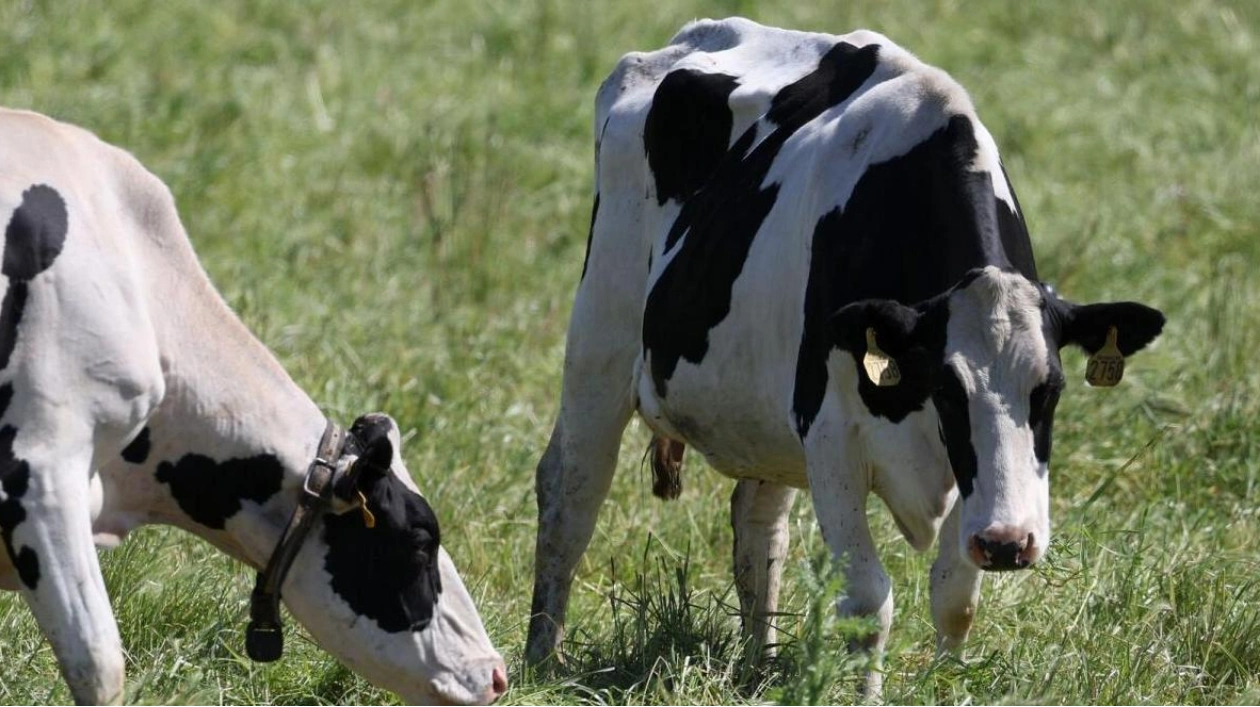In the US, states are crucial in managing the escalating avian flu outbreak affecting dairy cattle, with a few human cases reported. These states are primarily in charge of virus testing in both cows and humans, but each state adopts unique strategies. Concerns are mounting among scientists that existing surveillance measures may be inadequate. Federal authorities have cautioned that a wider spread among cows could increase the likelihood of more human infections, although the general public's risk remains minimal. As of July 9, the US Department of Agriculture reported that 139 dairy cow herds across 12 states had been infected since March, with four dairy workers also contracting the virus, the latest case in Colorado on July 3.
The handling of human and cattle testing varies among the 12 affected states. By early July, 99 individuals had been tested in four states: Michigan (56), Texas (20), Idaho (8), Colorado (8), and New Mexico (7), according to state health officials. North Carolina, Ohio, South Dakota, and Minnesota have not conducted any human tests since the outbreaks. Testing criteria differ, considering exposure to sick animals or symptom presentation. Wyoming and Kansas did not provide human testing data, while Iowa is monitoring all exposed individuals but did not specify the number tested. The Centers for Disease Control and Prevention reported at least 53 tests, focusing on those exposed to sick dairy cattle, unlike some states that also test individuals exposed to other sick animals.
States are conducting cattle tests at the request of farmers, for research, or other reasons. Iowa mandates testing for dairy herds within 20 km of poultry farms with bird flu, currently affecting about 25 to 35 herds. Minnesota is tracing contacts with infected herds. In May, the USDA required states to test lactating dairy cows before interstate transport, resulting in about 6,600 tests. The USDA is dedicated to supporting state efforts in containing and eliminating bird flu, potentially including additional testing requirements.






